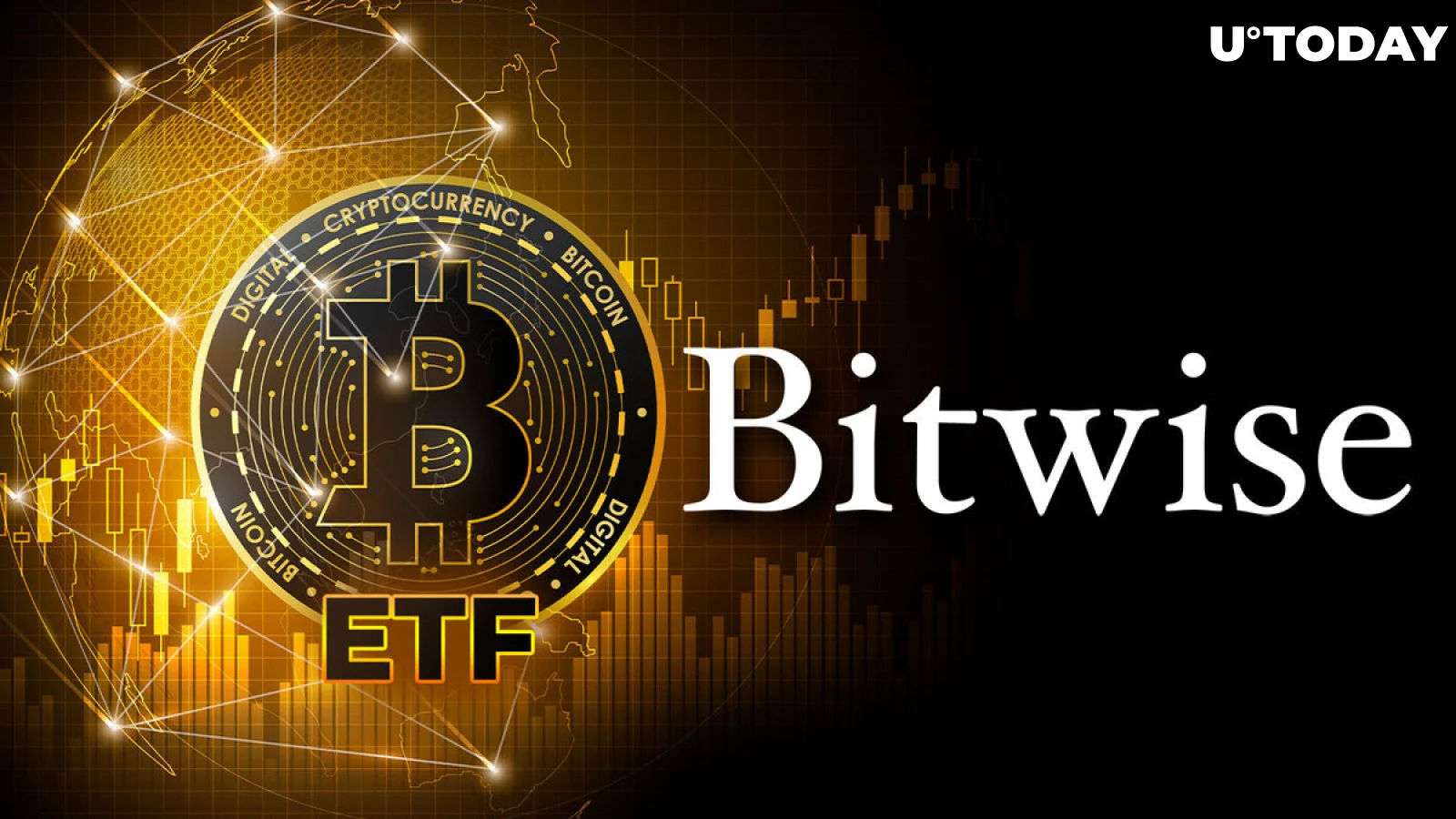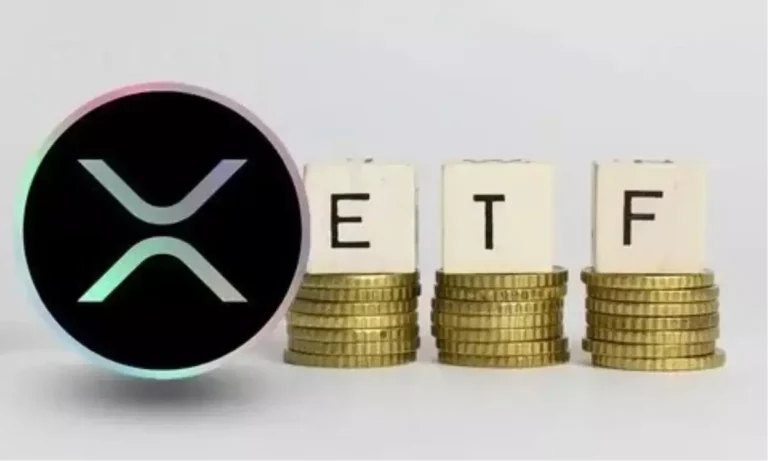Hook:
The SEC has once again delayed its decision on turning a major crypto fund into an ETF, leaving the crypto world on edge. Why does this matter, and how could it reshape the future of crypto investing?
The Big Picture:
Let’s break it down: Bitwise, a leading crypto asset manager, has a popular fund called the Bitwise 10 Crypto Index Fund (BITW). This fund bundles ten major cryptocurrencies, including Bitcoin (BTC), Ethereum (ETH), and XRP, into one investment product. Bitwise wants to take this fund to the next level by converting it into an Exchange-Traded Fund (ETF), making it easier for regular investors to buy and sell.
But the U.S. Securities and Exchange Commission (SEC), which regulates financial markets, is not convinced—yet. They’ve delayed their decision to approve this conversion until March 3, 2025, citing the need for more time to review the proposal.
Why This Matters:
- ETFs Simplify Crypto Investing:
ETFs work like a stock. If approved, anyone with a regular brokerage account could invest in the Bitwise fund without needing to manage wallets, private keys, or exchanges. This could bring millions of new investors into crypto. - SEC’s Conservative Stance:
The SEC has been cautious with crypto, often citing concerns about fraud, market manipulation, and lack of regulation. This delay shows that despite some progress—like approving Bitcoin and Ethereum ETFs in 2024—they’re still hesitant about broader crypto adoption. - Ripple Effect for Crypto Markets:
Approval of a major crypto ETF could lead to a price surge for the assets in the fund (like BTC, ETH, and XRP). More demand means higher prices, and it could also boost confidence in the entire crypto ecosystem.
The Key Players to Watch:
- Bitwise: Still fighting to turn its fund into an ETF. They’re not giving up, and they’re setting the stage for other funds to follow.
- Osprey Funds: Another big name. They wanted to merge their Bitcoin Trust (OBTC) with Bitwise, but the deal fell apart due to regulatory hurdles. Now, Osprey is going solo, filing their own ETF application.
- SEC: The ultimate gatekeeper. They’ve shown they’re willing to approve some ETFs but are still playing it safe with others.
Steps to Understand and Track This Story:
- Learn the Basics of ETFs: Know how they work and why they’re a big deal for investors. ETFs make it easy to invest in complicated assets like crypto.
- Follow the SEC’s Decisions: The SEC’s rulings impact the future of crypto adoption in traditional finance. Keep an eye on deadlines like March 3 and July for updates.
- Understand the Stakes: When an ETF is approved, it often signals increased legitimacy for the crypto market. Watch how these delays or approvals affect crypto prices.
- Watch Key Players: Bitwise, Osprey, and Grayscale are leading the charge in pushing crypto ETFs. Their progress—or setbacks—will shape the market.
Key Words to Remember:
- ETF (Exchange-Traded Fund): A type of investment fund traded on stock exchanges.
- SEC (Securities and Exchange Commission): U.S. financial regulator.
- Crypto Index Fund: A fund that holds a basket of cryptocurrencies.
- Regulatory Approval: Permission from regulators like the SEC to launch financial products.
Why This is Important for You:
Understanding the battle for crypto ETFs helps you see how crypto is moving into the mainstream. If you’re serious about crypto trading or investing, keeping up with regulatory trends is essential. This knowledge positions you to anticipate market moves, identify opportunities, and make smarter decisions.
The crypto industry isn’t just about coins and tokens—it’s about transforming the way the world invests. And you’re right in the middle of it.



